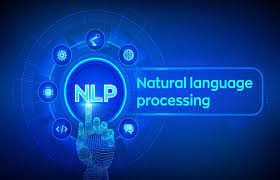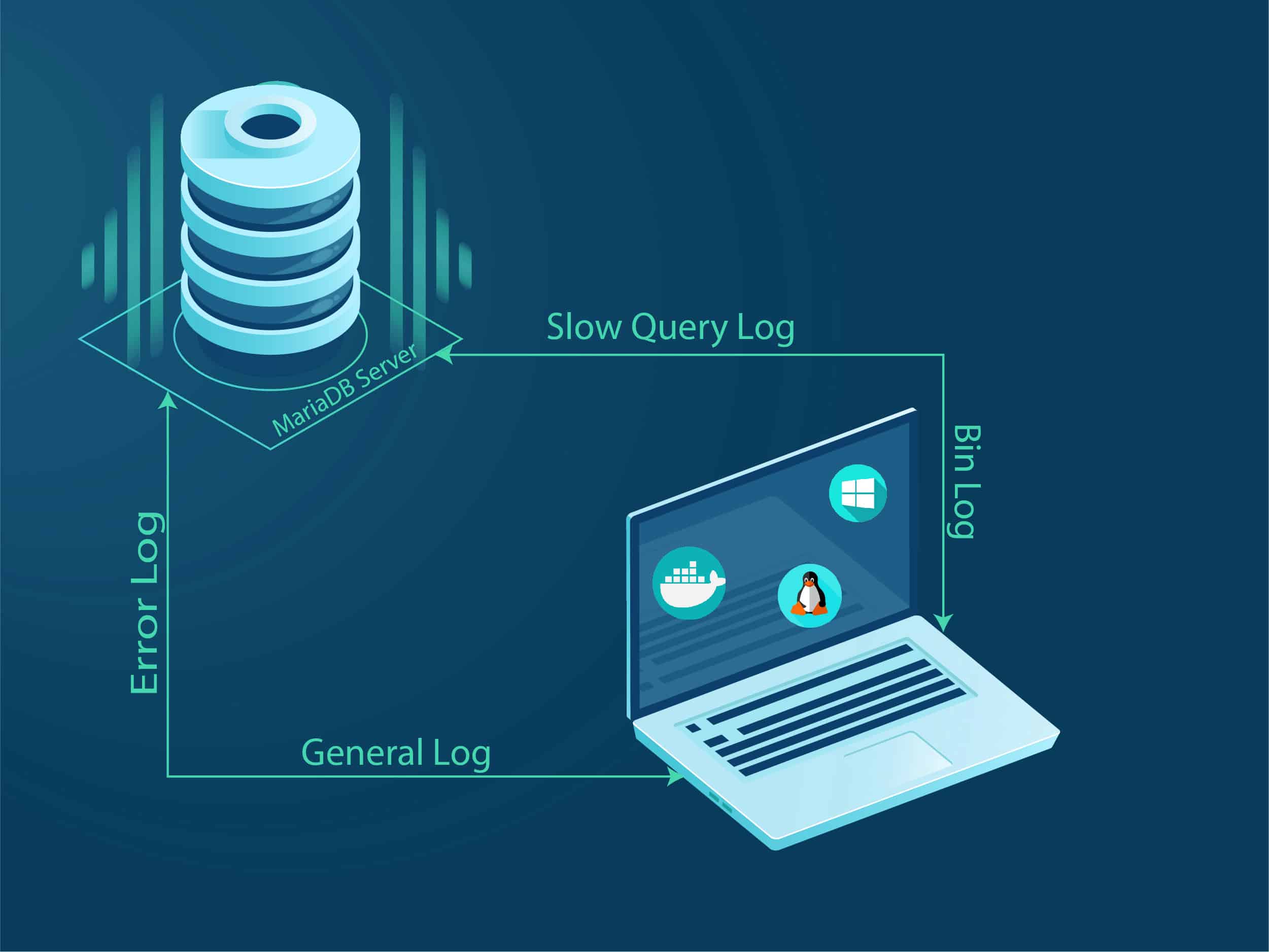
This up-front cost is likely to be unimportant in an investment that lasts for five years or so, but by that time GBTC could have plenty more competitors than it does now (and which we’ll look at below). As the price of Bitcoin increases (or falls), the value of the fund tracks this price. This means that the fund itself, as well as shares in it, follows the price of BTC. This process means that accredited investors — or those invited to contribute to the fund during its initial, private round — make a direct return on reselling their shares. First, Grayscale invites a pool of wealthy investors to give cash to the fund, and it uses this money to buy Bitcoin.
Its success mirrors that of Bitcoin because its value is derived solely from that cryptocurrency. You can find your newly purchased GBTC ETF in your portfolio—alongside the rest of your stocks, ETFs, crypto, treasuries, and alternative assets. On the other hand, there are a number of disadvantages of investing in GBTC, as opposed to buying Bitcoin directly. The first, and most obvious, is that since shares in the trust trade at a premium, they come with a significant up-front cost.
- Neither Schwab nor the products and services it offers may be registered in any other jurisdiction.
- On the other hand, there are a number of disadvantages of investing in GBTC, as opposed to buying Bitcoin directly.
- Keep in mind that other fees such as regulatory fees, Premium subscription fees, commissions on trades during extended trading hours, wire transfer fees, and paper statement fees may apply to your brokerage account.
- GBTC shares track the price of Bitcoin, enabling investors to invest in Bitcoin through the OTC market.
- Investors can buy shares in GBTC just as they would other stocks and shares — through a broker or advisor, or via an online trading platform.
Next, Grayscale places the fund on public stock exchanges, allowing anyone to buy and sell shares. Funds like GBTC allow investors a way of indirectly trading BTC directly through the stock market. Currently, regulators in the U.S. (by far the largest stock market, and by far the largest market for cryptocurrencies) do not allow crypto to be directly traded through stock markets, because they believe these currencies to be insufficiently regulated. One is that working out how to store Bitcoin securely can be difficult. Another is that filing taxes for gains made on shares — such as those from investing in GBTC — is much less complex than the tax regime that applies to crypto holdings.
Is There Competition to the Grayscale Bitcoin Trust?
Until, that is, we get a full-fledged Bitcoin ETF — because that will be a game changer. Investors can buy shares in GBTC just as they would other stocks and shares — through a broker or advisor, or via an online trading platform. With instruments like GBTC, investors can trade BTC against stocks in other companies, albeit in quite a limited, expensive way. Put simply, the GBTC is a financial vehicle that allows investors to invest in trusts that, in turn, hold large amounts of Bitcoin. This means that as the price of BTC rises (or falls), shares in these trusts track the value of the cryptocurrency — but only roughly. Investing in BTC in this way offers several key advantages to investors, and not least the fact that investments are regulated by the Securities and Exchange Commission.
Commission-free trading of stocks and ETFs refers to $0 commissions for Open to the Public Investing self-directed individual cash brokerage accounts that trade the U.S.-listed, registered securities electronically during the Regular Trading Hours. Keep in mind that other fees such as regulatory fees, Premium subscription fees, commissions on trades during extended trading hours, wire transfer fees, and paper statement fees may apply to your brokerage account. Please see Open to the Public Investing’s Fee Schedule to learn more.
Banking services and bank accounts are offered by Jiko Bank, a division of Mid-Central National Bank, Member FDIC. There are some direct competitors for the GBTC, though none are able to match its size or buying power. The GBTC is just one of several trusts being traded publicly with significant BTC exposure. GBTC is an investment that is overseen by the SEC, but still has significant exposure to the price of Bitcoin, allowing risk-conscious investors to take advantage of price shifts. Not owning Bitcoin directly has a number of advantages — which we’ll come to below — but funds like GBTC also have some drawbacks, such as a relatively high cost of entry. This represents roughly 46% of the 1.4 million Bitcoin that is currently held by publicly traded companies.
This material is not intended as a recommendation, offer, or solicitation to purchase or sell securities, open a brokerage account, or engage in any investment strategy. Stocks and ETFs.Brokerage services for US-listed, registered securities are offered to self-directed customers by Open to the Public Investing, Inc. (“Open to the Public Investing”), a registered broker-dealer and member of FINRA & SIPC. Additional information about your broker can be found by clicking here. Open to Public Investing is a wholly-owned subsidiary of Public Holdings, Inc. (“Public Holdings”). This is not an offer, solicitation of an offer, or advice to buy or sell securities or open a brokerage account in any jurisdiction where Open to the Public Investing is not registered.
None of these entities provide legal, tax, or accounting advice. GBTC shares are traded publicly on the OTCQX, an over-the-counter (OTC) market. Investors can buy and sell shares through brokerage accounts like Vested, at prices dictated by the market. The Grayscale Investment Trust debuted as The Bitcoin Investment Trust on Sept. 25, 2013 as a private placement to accredited investors and, later on, received FINRA approval for eligible shares to trade publicly. This means that investors have access to buy and sell public shares of the Trust under the symbol GBTC. Grayscale Investments calls it a traditional investment vehicle with shares titled in the investor’s name. Although the Trust is not an ETF itself, Grayscale says it’s modeled on popular commodity investment products like the SPDR Gold Trust, a physically backed ETF.
things you need to know about Grayscale Bitcoin Trust
Many firms have been struggling to get a BTC ETF approved for much of the last decade, and the GBTC has undoubtedly benefited from the lack of a full Bitcoin ETF. However, with the recent news that the very first Bitcoin ETF — the Purpose Bitcoin ETF — has been approved in Canada, more expensive funds like GBTC could lose traction. Securities are offered through VF Securities, Inc. (Member FINRA/SIPC).
Access to Electronic Services may be limited or unavailable during periods of peak demand, market volatility, systems upgrade, maintenance, or for other reasons. All investments involve the risk of loss and the past performance of a security or a financial product does not guarantee future results or returns. You should consult your legal, tax, or financial advisors before making any financial decisions.
How Can I Buy GBTC?
Because the Trust is currently the only fund of its kind specifically for bitcoin, investors have been paying a high premium. In Sept. 2018, shares of GBTC traded at a high of $7.95, which was around 20% higher than the value of the bitcoin within the trust that each share represented at that time. Although that premium is significant, it’s lower than it has been in the past — GBTC has closed at prices more than two times the value of its underlying bitcoins. Grayscale offers that prices are dictated by the market and not by Grayscale itself, so price fluctuations may be a result of supply and demand. As a result, it enables investors to gain exposure to Bitcoin (BTC) in the form of equity (rather than direct ownership of BTC).

There are multiple ways to fund your Public account—from linking a bank account to making a deposit with a debit card or wire transfer. Because of this, it’s likely that GBTC will only ever make up a small proportion of the average investor’s portfolio. As a general rule of thumb, you should not invest more than 15% of your portfolio into BTC anyway, and this places an upper limit on how much the average person should put into a fund like GBTC. This website is using a security service to protect itself from online attacks. There are several actions that could trigger this block including submitting a certain word or phrase, a SQL command or malformed data. Residents, Charles Schwab Hong Kong clients, Charles Schwab U.K.
Choose how much you’d like to invest in GBTC ETF
And then there is the fact that many people still feel uncomfortable putting large sums into BTC, especially given the recent revelations that 95% of BTC trading is fake. Though the idea behind the GBTC is to open up crypto investment to as many people as possible, in practice it’s not possible to just buy into the fund at market prices. Investing in GBTC is a way to invest in BTC without the hassle and the stress. When buying Bitcoin directly, one needs to open an account with a crypto exchange and transfer funds to it. The process is not smooth, as most of the top banks (such as ICICI Bank) do not allow the transfer of funds to crypto exchanges.
Securities products offered by Open to the Public Investing are not FDIC insured. Apex Clearing Corporation, our clearing firm, has additional insurance coverage in excess of the regular SIPC limits. JSI and Jiko Bank are not affiliated with Public Holdings, Inc. (“Public”) or any of its subsidiaries.

The GBTC now allows investors to gain BTC exposure through a private trust that trades directly on the U.S. stock market (as “GBTC”). Read and consider the prospectus carefully before investing in any fund to ensure the fund is appropriate for your goals and risk tolerance. The prospectus contains complete information on advisory fees, distribution charges, and other expenses. GBTC is traded publicly on the OTCQX, an over-the-counter market, under the Alternative Reporting Standard for companies not required to register with the Securities and Exchange Commission (SEC).
About Grayscale Bitcoin Trust (GBTC)
An affiliate of Public may be “testing the waters” and considering making an offering of securities under Tier 2 of Regulation A. No money or other consideration is being solicited and, if sent in response, will not be accepted. No offer to buy securities can be accepted, and no part of the purchase price can be received, until an offering statement filed with the SEC has been qualified by the SEC. An indication of interest to purchase securities involves no obligation or commitment of any kind. The Grayscale Bitcoin Trust is a digital currency investment product that individual investors can buy and sell in their own brokerage accounts.
GBTC shares track the price of Bitcoin, enabling investors to invest in Bitcoin through the OTC market. The shares of GBTC are intended to reflect the price of Bitcoin based on Bitcoin per share, less GBTC’s expenses. With over $18 billion billion in assets under management, GBTC is one of the world’s largest Bitcoin funds. Ultimately, the Grayscale Bitcoin Trust allows investors to gain exposure to the Bitcoin marketplace in a way that simplifies taxes and storage, and provides federal oversight. And so, while advisors shouldn’t ignore BTC funds like the GBTC, the average investor is likely to make only small investments into stock market BTC tracker funds.
Grayscale suggests that its management of the fund is worth more than the annual fee, and one of its major selling points is its security. Storing cryptocurrency safely is notoriously challenging, and the company assures investors that the Grayscale Bitcoin Trust’s assets “are safeguarded by a robust security system that uses industry-leading security standards.” Examples of forward-looking statements include, without limitation, estimates with respect to financial condition, market developments, and the success or lack of success of particular investments (and may include such words as “crash” or “collapse”).
Our team members at Vested may own investments in some of the aforementioned companies/assets. Different types of investments involve varying degrees of risk, and there can be no assurance that any specific investment or strategy will be suitable or profitable for an investor’s portfolio. Investing in the stock market carries risk; the value of your investment can go up, or down, returning less than your original investment. Tax laws are subject to change and may vary depending on your circumstances.
On January 21, 2020, it became an SEC reporting company, registering its shares with the Commission and designating the Trust as the first digital currency investment vehicle to attain the status of a reporting company by the SEC. The Charles Schwab Corporation provides a full range of brokerage, banking and financial advisory services through its operating subsidiaries. Neither Schwab nor the products and services it offers may be registered in your jurisdiction. Neither Schwab nor the products and services it offers may be registered in any other jurisdiction. Its banking subsidiary, Charles Schwab Bank, SSB (member FDIC and an Equal Housing Lender), provides deposit and lending services and products.
As an investment vehicle which trades over-the-counter, GBTC is available for investors to buy and sell in the same way as virtually any U.S. security. As an example, GBTC can be traded through a brokerage firm, and it’s also available within tax-advantaged accounts like IRAs or 401(k)s. The GBTC is an example of a new type of fund that is exploring the value of Bitcoin in novel ways. The fund launched back in 2013 as the Bitcoin Investment Trust (BIT) and has grown rapidly since then.
Alternative Assets.Brokerage services for alternative assets available on Public are offered by Dalmore Group, LLC (“Dalmore”), member of FINRA & SIPC. “Alternative assets,” as the term is used at Public, are equity securities that have been issued pursuant to Regulation A of the Securities Act of 1933 (as amended) (“Regulation A”). These investments are speculative, involve substantial risks (including illiquidity and loss of principal), and are not FDIC or SIPC insured. Alternative Assets purchased on the Public platform are not held in an Open to the Public Investing brokerage account and are self-custodied by the purchaser. The issuers of these securities may be an affiliate of Public, and Public (or an affiliate) may earn fees when you purchase or sell Alternative Assets. For more information on risks and conflicts of interest, see these disclosures.











